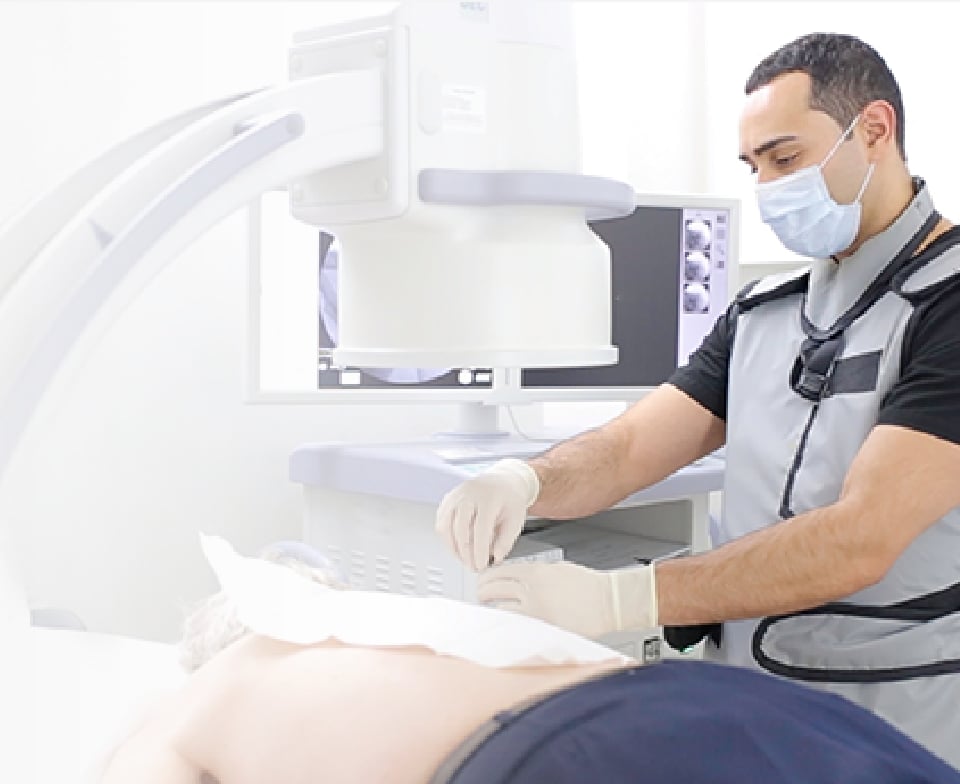Symptoms And Causes Of Herniated Discs: What You Need To Know
When one of your spinal discs pushes outward, it is known as a slipped or herniated disc. This can lead to pain and a loss of sensation, and, in extreme cases, surgery is then necessary. The human spinal column, also known as the vertebral column, consists of a succession of individual bones called the vertebrae. A sequence of seven cervical vertebrae, 12 thoracic vertebrae, and five lumbar vertebrae with a sacrum and coccyx at the end begins at the top of the cervical column. The vertebral column has a cavity where these bones are positioned, and discs fill the spaces between them. The discs act as cushioning that helps decrease forces in activities common in our everyday lives, such as walking, lifting, and twisting, that can impact bones.
What are herniated discs?
A herniated disk is an issue with one of the tough, gel-filled pads, called disks, that provide cushioning between the bones that make up the spine. A spinal disk consists of a tough outer ring and a soft inner core known as a nucleus. The nucleus is wrapped in a stiffer, more elastic layer called the annulus. A herniated disk is formed when part of the nucleus pushes itself through a crack in the annulus. A herniated disk is also known as a slipped disk or a ruptured disk.
A herniated disk can occur at any spine segment but is most commonly observed in the lumbar region. The location of the herniated disk determines whether the patient experiences pain, numbness, and weakness in an arm or a leg.

What are the causes of the herniations?
A slipped disc, or herniated disc, develops when the outer layer breaks or deteriorates and the inner core slips through. This can happen, for instance, when one is older. Some of these motions may also lead to a slipped disc condition. Your disc may pop out of position when you twist or turn to lift something. Sometimes, if one has to lift a very large, heavy object, pressure on the lower back is inevitably applied, leading to a slipped disc. Suppose you are one of the many workers who engage in manual activities involving lifting and other strenuous activities in your occupation. In that case, the chances of developing a slipped disc are high. Further, a slipped disc is likely to happen in an overweight individual because the disc has to take on the body's extra weight. Slow muscles and little physical activity are also considered to cause a slipped disc. If you are burning the nerves in the back, it would be best to connect with the right doctor at the right time.

How can I treat at-home herniated disk-related pains?
Fortunately, most cases of a herniated disk do not cause lasting pain.
Though it may be advisable to rest for one to three days in severe pain, it is equally important not to spend too much time in bed to avoid stiffness. Try using an NSAID like ibuprofen or paracetamol for your headache. Use heat or ice over the affected area of the body and on the nerve burning.
In Conclusion
This article has stated how you can manage the pain and get it treated at the right time so it won't cause further problems in your body. Strengthening your trunk muscles to stabilize the spine's support would be best. This will also help maintain good posture by reducing other issues. Maintain your weight by ensuring your body is not putting pressure on any parts. It will also be beneficial if you quit smoking, which is very dangerous to your health. If you are thinking, Can I put a lidocaine patch on my neck? Then, you can take the counseling session and learn more about it. Also, note that the lumbar epidural steroid injection cost depends on the area and the doctor's experience.
Comments
Post a Comment